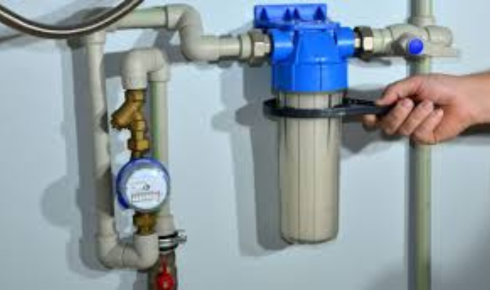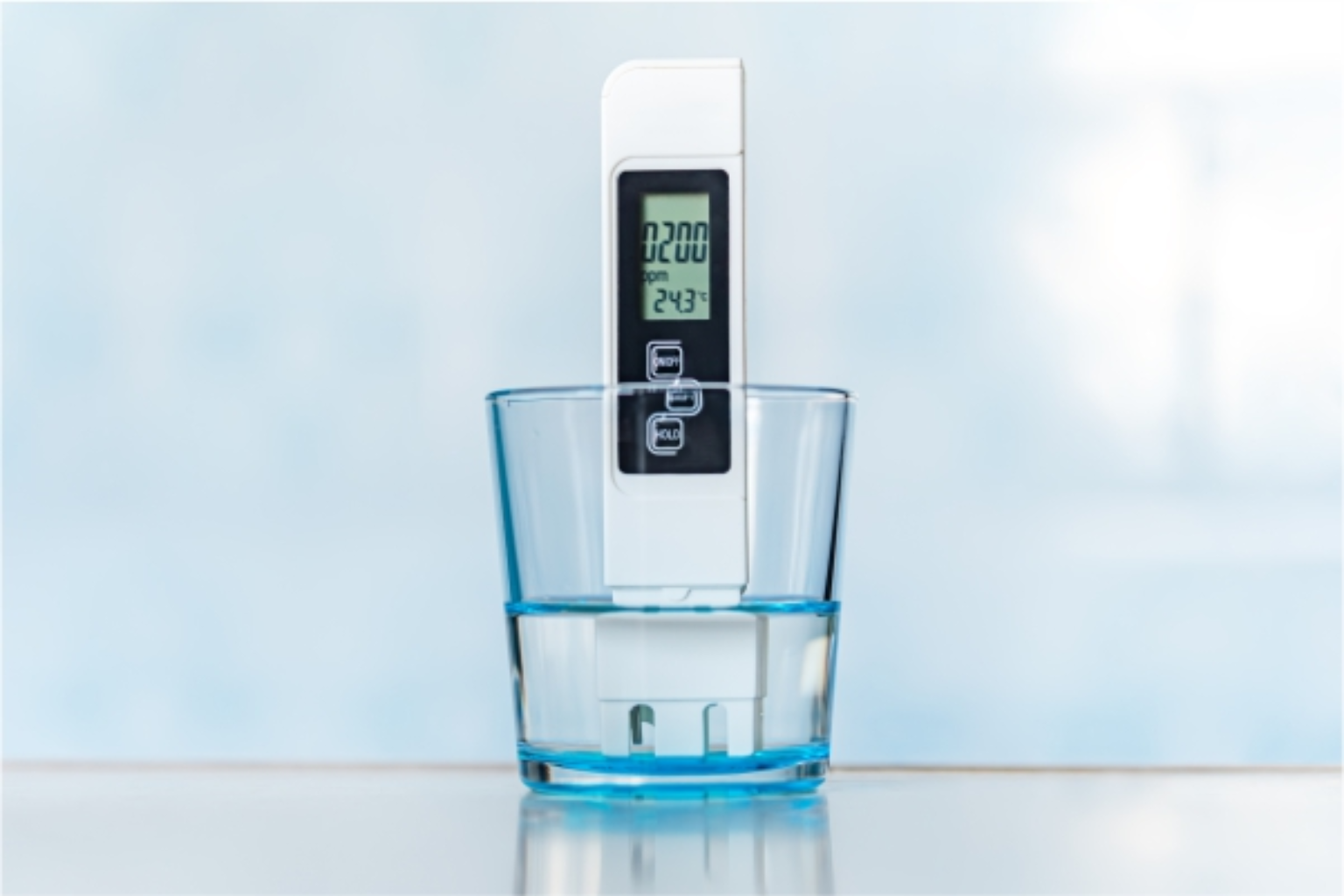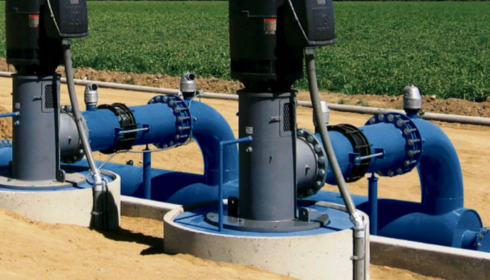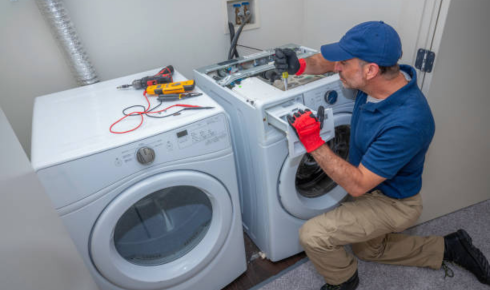There’s something reassuring about turning on your tap and knowing the water that pours out is pure, safe, and tastes just right. In many parts of Texas, though, that peace of mind doesn’t always come easy. Hard water, chlorine, sediment, and even traces of chemicals have become a familiar story across the Lone Star State. So, it’s no surprise that more homeowners are beginning to see the real value of installing a whole house water filter texas — not as a luxury, but as a necessity.
It’s funny how water, something so simple and essential, can shape the feel of your entire home. From your morning coffee to your evening shower, every drop matters. And when that water is clean and balanced, life just feels a little lighter — literally and figuratively.
When Tap Water Stops Feeling “Clean”
Texas has a diverse water supply, pulling from rivers, reservoirs, and wells. But that variety also means inconsistency. Some neighborhoods deal with high calcium levels (hello, hard water stains), while others battle the lingering taste of chlorine or that faint metallic tang.
You might not always see the problem, but you’ll feel it — in dry skin, brittle hair, cloudy glassware, and appliances that wear out sooner than they should. And sure, store-bought filters and pitchers help a little, but they barely scratch the surface. That’s why homeowners are leaning toward whole home water filtration, which treats every single drop entering the house — not just what’s coming through one faucet.
Once you’ve lived with filtered water throughout your home, it’s hard to go back. Showers feel cleaner. Laundry comes out softer. Even your dog’s water bowl doesn’t collect that chalky film anymore.
The Science of Whole Home Filtration (Without the Jargon)
Let’s skip the overly technical stuff for a moment. Think of a whole house filter system as the gatekeeper between your water source and your life. It’s not just a single filter — it’s a complete setup designed to catch impurities at multiple levels.
Typically, the system starts with a sediment pre-filter that traps larger particles like rust and dirt. Then, activated carbon takes over, removing chlorine, pesticides, and industrial contaminants. Some models go a step further, using UV light or special resins to neutralize bacteria and balance minerals.
The beauty of it? You get clean, safe water in every corner of your house — kitchen, bathroom, garden hose, and even your washing machine. It’s not only about taste or smell; it’s about long-term health and protecting everything your water touches.
Why It Matters More in Texas
Texans are a resilient bunch. They handle heatwaves, droughts, and power outages — but when it comes to water, even resilience needs a bit of help. The state’s growing population and aging infrastructure mean municipal treatment plants can’t always keep up. Add in natural minerals and environmental runoff, and you get water that’s technically “safe” but not exactly ideal.
In rural areas, well water brings its own challenges — high iron, sulfur smells, or a yellow tint that’s hard to ignore. A comprehensive filtration system can turn that around, ensuring every sink, shower, and appliance gets the same high-quality water.
And if you’ve ever tried cleaning those stubborn mineral spots off a glass shower door, you’ll appreciate the difference filtered water makes.
Small Changes, Big Payoffs
Here’s the thing — good water changes more than you’d expect. It improves the taste of your food. It helps your water heater last longer. It saves you from constantly buying bottled water or replacing clogged fixtures.
Plus, it’s better for your skin and hair. When chlorine and harsh minerals are filtered out, your daily shower feels less like a chemical rinse and more like, well, water. You might even notice your soaps and shampoos lather better because they’re not fighting against hard water buildup.
A lot of Texans also say filtered water gives them peace of mind during boil-water notices or local contamination alerts. They know their home has an extra layer of protection.
Choosing the Right System
Of course, not all filters are created equal. Some are designed for urban water systems, while others are made for private wells. The best approach is to start with a water test — it’s simple and tells you exactly what’s in your supply. From there, you can decide what type of system fits your needs.
If your main issue is chlorine taste, a carbon-based system might be enough. If you’re dealing with hard water, look for one that includes a softening stage. And for well water with potential bacteria, UV purification is worth considering.
Professional installation also matters. You want the system sized correctly for your water pressure and household usage. Once installed, maintenance is minimal — usually just changing filters every few months or once a year.
It’s Not Just About Water — It’s About Living Better
Clean water isn’t just a utility upgrade; it’s a lifestyle improvement. You feel it in the little things — the way your morning tea tastes, the softness of your towels, the confidence that comes with knowing your family is drinking the best water possible.
Investing in a home filtration system may not sound exciting at first, but it’s one of those rare upgrades that quietly improves everything else.
In Texas, where water quality can swing from one neighborhood to the next, it’s more than smart — it’s essential. Whether you’re in Houston, Austin, or Amarillo, the benefits are the same: less buildup, better taste, and a cleaner home overall.
So, next time you notice cloudy ice cubes or that odd chlorine smell, maybe it’s time to think bigger than a pitcher filter. Because when you start with better water, everything else in life gets a little clearer too.
In the end, installing a whole house water filter texas isn’t just about filtration — it’s about freedom. The freedom to cook, clean, drink, and live without wondering what’s in your water. With a quality whole house filter system, you’re not just improving your home — you’re improving your life, one clean glass at a time.




